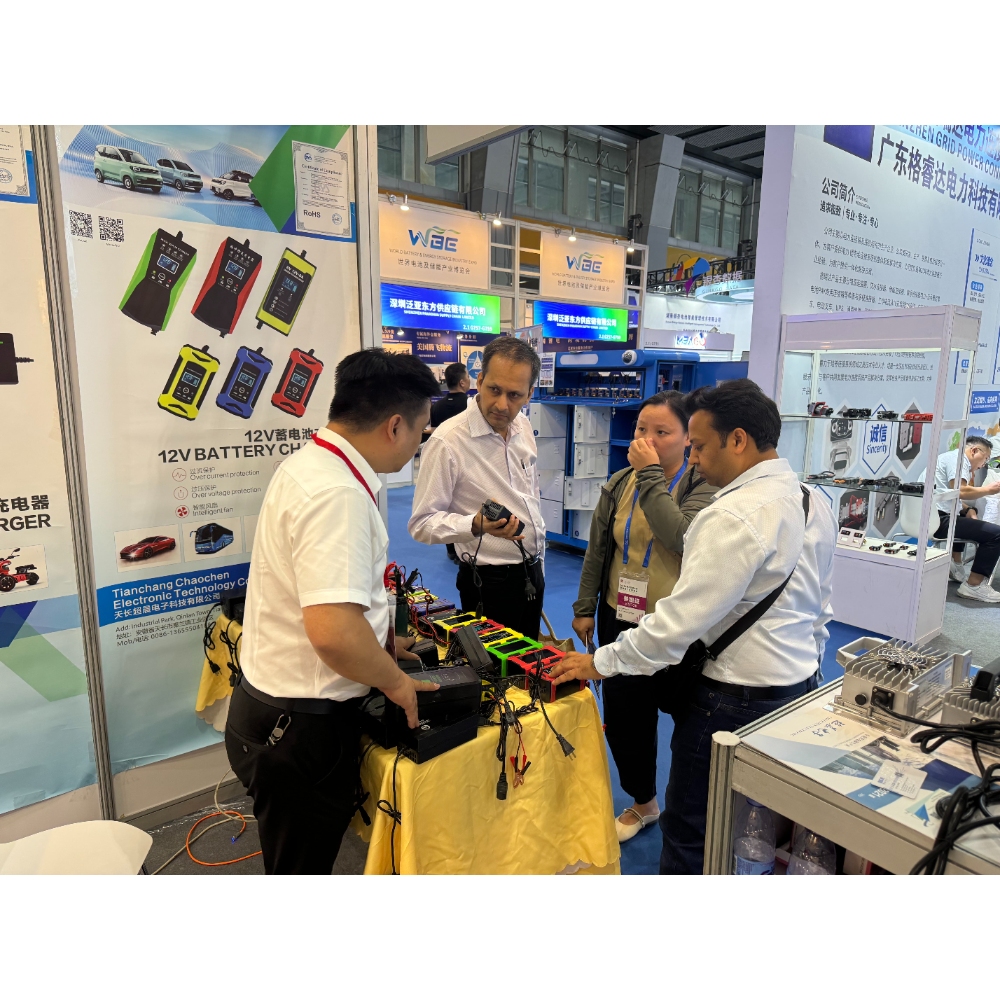In modern society, batteries are widely used in daily life as an important energy source for various electronic products and vehicles. Lead-acid car battery chargers, as a common charging tool, are usually used to provide power to car batteries. However, with the widespread use of different types of batteries, many people have begun to wonder whether this charger can be used to charge other types of batteries. This article will explore whether lead-acid car battery chargers can be used to charge other types of batteries and analyze the potential risks and problems involved.
Differences in battery types and charging requirements
Lead-acid car batteries are the most common automotive power batteries. They have a large capacity and a low voltage (usually 12 volts). The charging process involves a chemical reaction in the battery to restore the battery's energy through charging with a higher current. The charger design of the lead-acid battery takes into account the characteristics of the lead-acid battery. It usually adopts a constant current charging method and switches to a constant voltage charging when the battery charging is nearly complete to avoid overcharging.
Unlike lead-acid batteries, other types of batteries (such as lithium batteries, nickel-metal hydride batteries, etc.) have different charging requirements. Lithium batteries usually require precise voltage and current control, because overcharging, overdischarging, or excessive current during charging can damage the battery. On the other hand, require a gentle charging strategy, and overcharging can also cause battery damage or shorten the service life. Therefore, chargers for lithium and NiMH batteries have different designs and charging curves than lead-acid battery chargers.
Compatibility of lead-acid chargers with other battery charging
Although lead-acid battery chargers can provide stable current and voltage, they are not suitable for all types of batteries. For other batteries such as lithium batteries and NiMH batteries, there are certain risks in charging with lead-acid battery chargers. First, the voltage and current output of the lead-acid charger may not be suitable for these batteries. Especially for lithium batteries, it has very strict requirements for voltage and current control. If an unsuitable charger is used, it may cause the battery to overheat, swell, or even cause safety accidents.
Second, the charging curve of the lead-acid battery charger is different from that of other types of batteries. Lead-acid batteries usually adopt a constant current-constant voltage charging mode, while lithium batteries and NiMH batteries require more precise charging management. If a lead-acid battery charger is used, it may result in incomplete battery charging or even damage the internal structure of the battery.
Although lead-acid car battery chargers can provide basic charging functions for other batteries in some cases, they are not designed to be suitable for all types of batteries. Different batteries have different requirements for voltage, current and charging curves. Using an incompatible charger may damage the battery and even pose a safety hazard. In order to ensure charging safety and extend battery life, it is recommended to choose a dedicated charger according to the battery type and avoid using unsuitable charging equipment at will.










